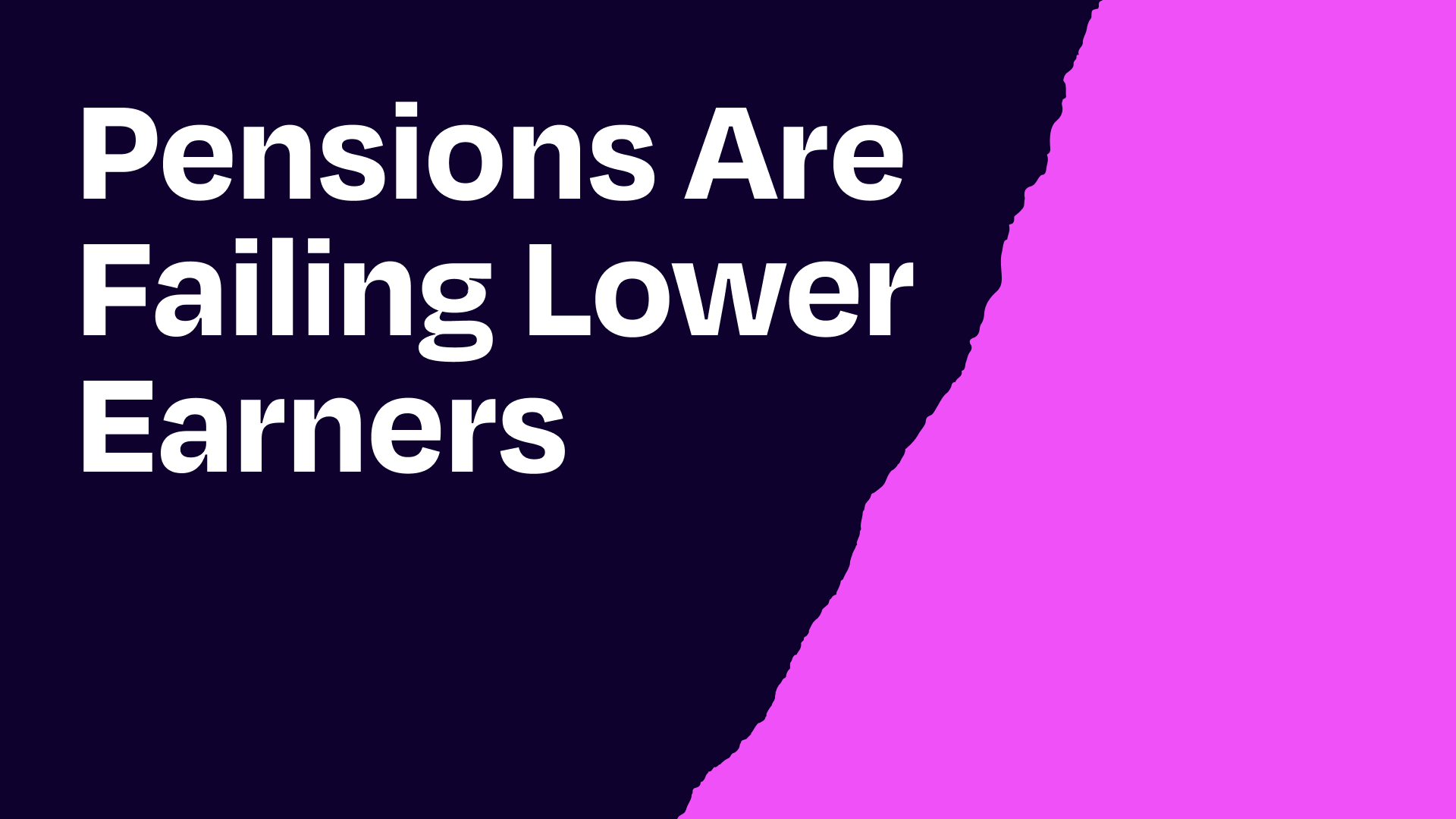Is pension tax relief still broken?
This article is part of a series called Rethinking Rewards. We’re inviting experts to question the assumptions behind some of the most common workplace perks.
Lower-paid employees are still at a disadvantage when it comes to workplace pensions, despite the government’s efforts to fix a long-standing tax relief quirk.
In last month’s Autumn Budget, the Treasury announced that more than a million workers will be able to claim a pension top-up worth an average of £53 a year. The top-up is equivalent to the tax relief missing from their pensions, and will be introduced in April 2024.
The lost tax relief affects low earners that contribute to a workplace scheme that operates on a “net pay” basis.
Workers that pay into a net pay pension but earn less than the personal allowance (£12,570 for 2021-22) do not receive tax relief, while those who contribute to a relief at source scheme do. The net pay anomaly particularly harms mothers who work part-time.
However, the top-up has been sharply criticised by pension experts, who say the solution does not go far enough.
Ros Altmann, the former pensions minister, comments: “I had hoped for a much more rapid solution to this injustice. It seems the lowest earners will continue to suffer for the next few years. If their employer used a different type of pension scheme, they would have extra money, which is going to be particularly important as inflation takes off.”
Under the government system, employees will need to apply for the top-up themselves – but Altmann says this is the wrong approach. “Pension providers or employers should be required to organise a group claim process.”
Henry Tapper, founder of pensions firm AgeWage, agrees the system needs to come in more quickly, and suggests back-dating claims. “Many of these people will have been overpaying their pension contributions [due to reduced tax relief] since 2015. There is no promise of compensation for the money lost because of this payroll lottery.”
The government estimates only £1 in every £6 will be claimed, based on past experience and the fact those claiming may be inexperienced in dealing with their own tax affairs. “It would be better if money was paid back from where it came – payroll,” notes Tapper. He adds: “Is it right that a solution is being offered which offers so little to so few?”
Beyond the net pay scandal, experts are warning of other problems with tax relief. Workplace pensions tend to be optimised for the highest earners. They receive more tax relief, and are often more aware of how the free cash from government can turbo-charge their pension, so will make extra contributions. How does unequal tax relief – and varying levels of awareness – align with a company’s diversity and inclusion strategy?
Tom McPhail, director of public affairs at pensions consultancy the lang cat, says tax relief should be simpler and more evenly distributed. “I’d like to move away from it being tax relief, and instead have a system of employer contributions and government top-ups,” he comments, which would incentivise and reward people for saving and being prudent.
Shah Abbasi, head of coaching at Octopus MoneyCoach, thinks the problem with tax relief is the jargon around it, and a lack of education. “The rules make it so hard for people to understand and many just switch off. The imbalance between the people who know about tax relief and take advantage of it and those who don’t is unfair.”



